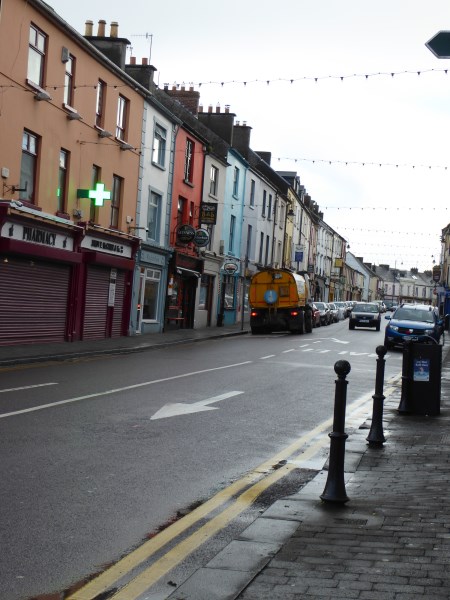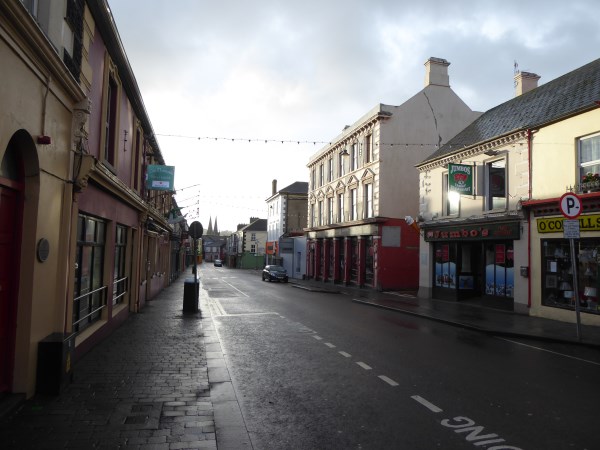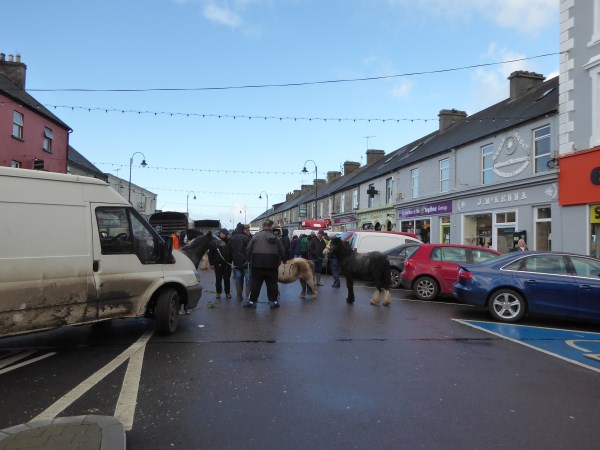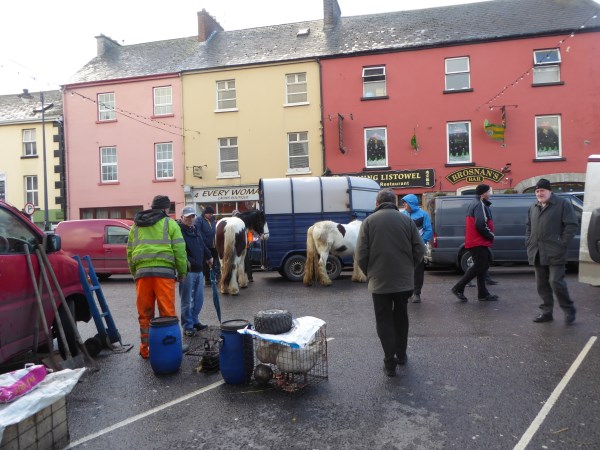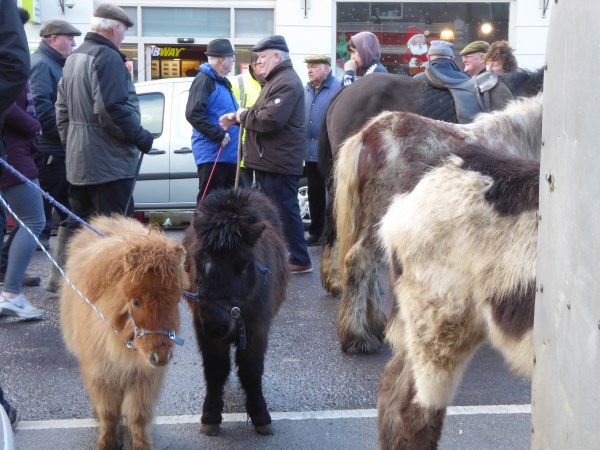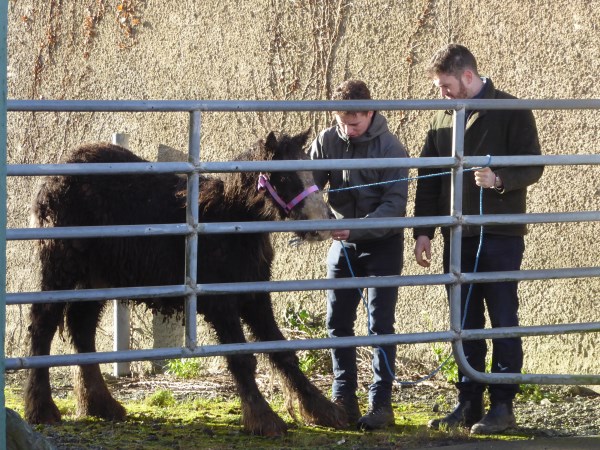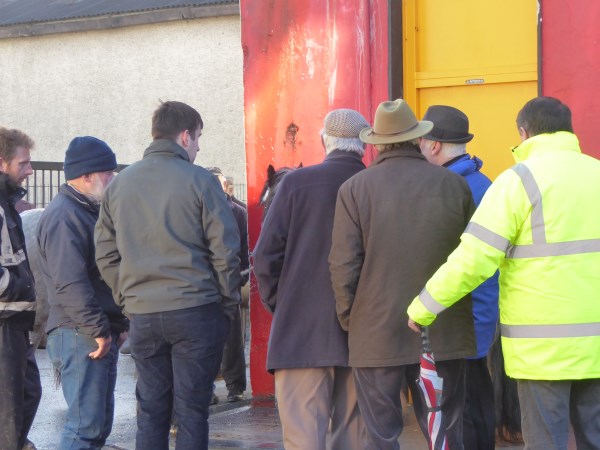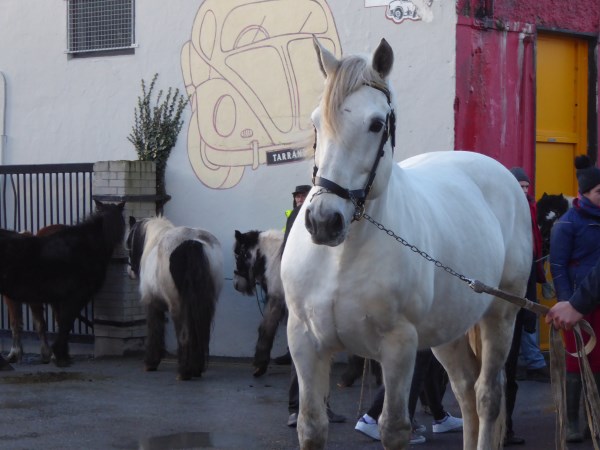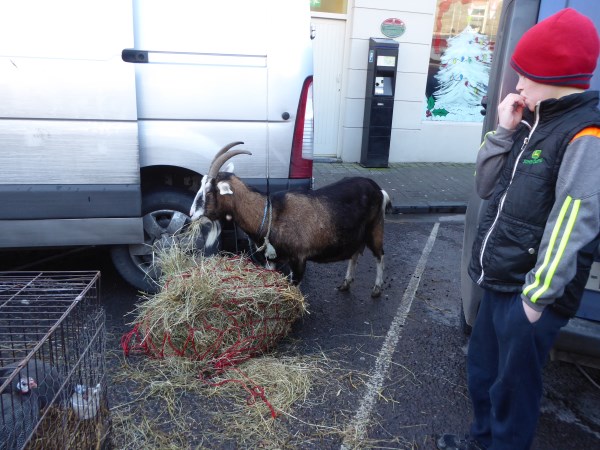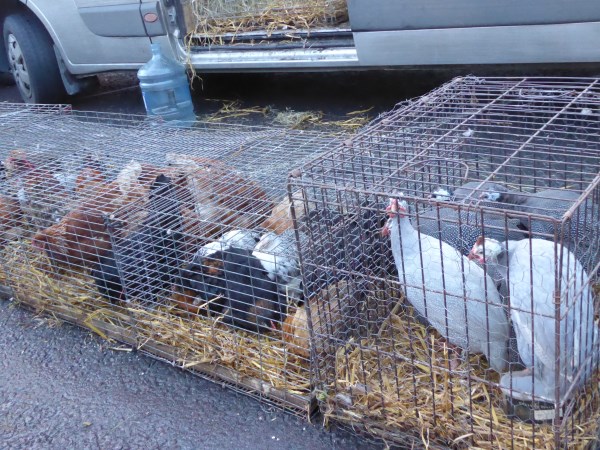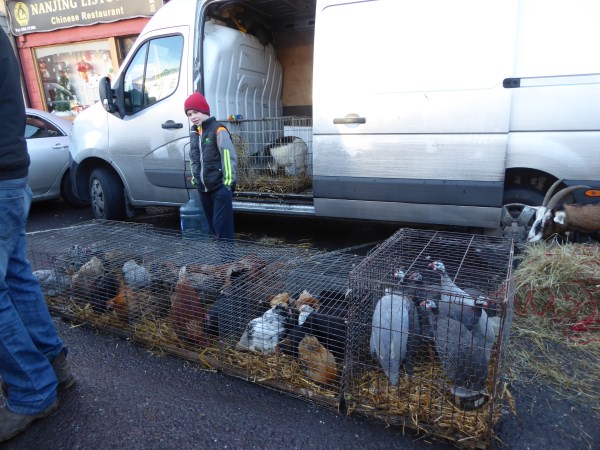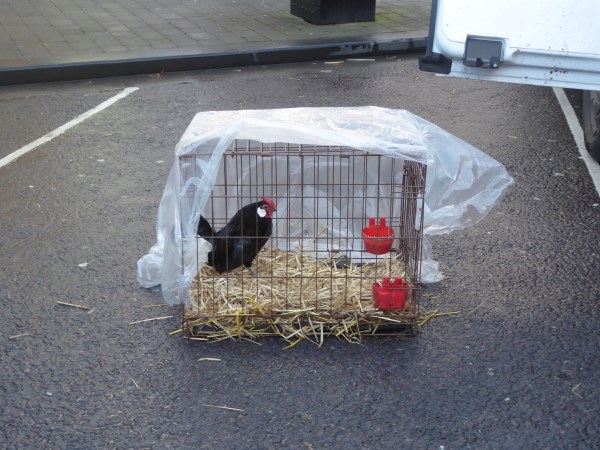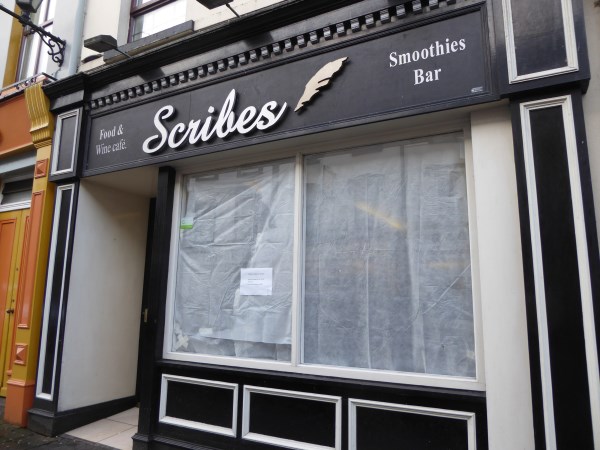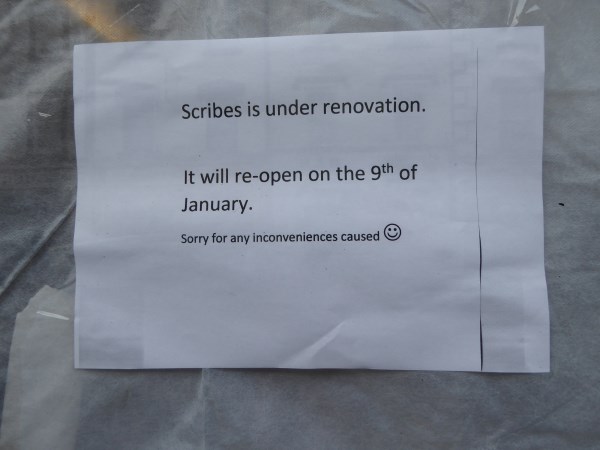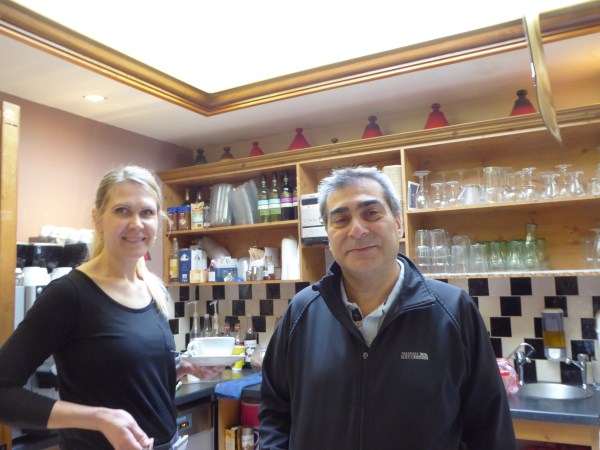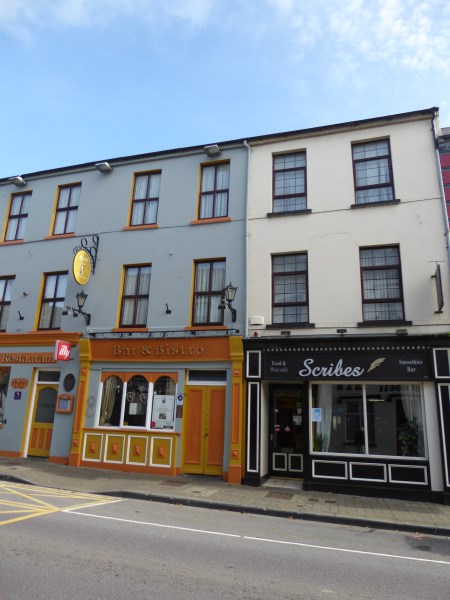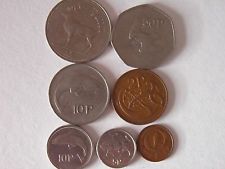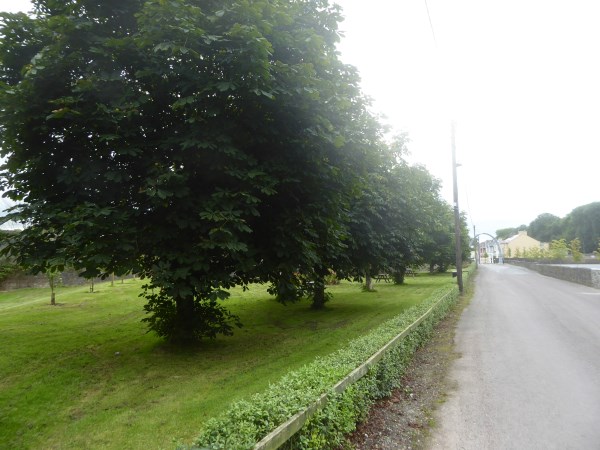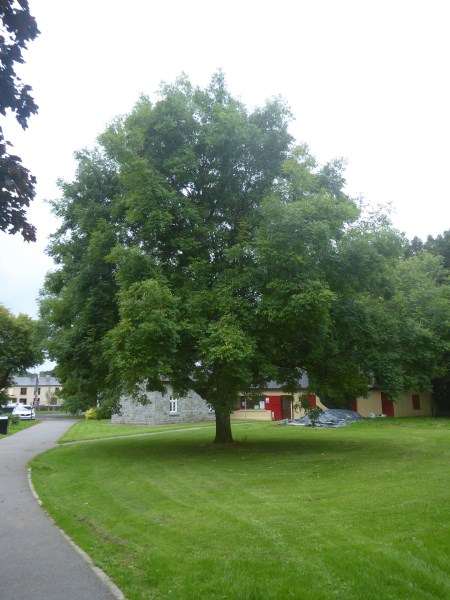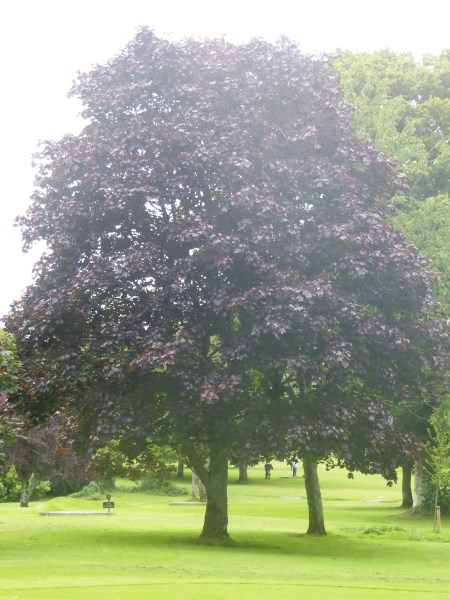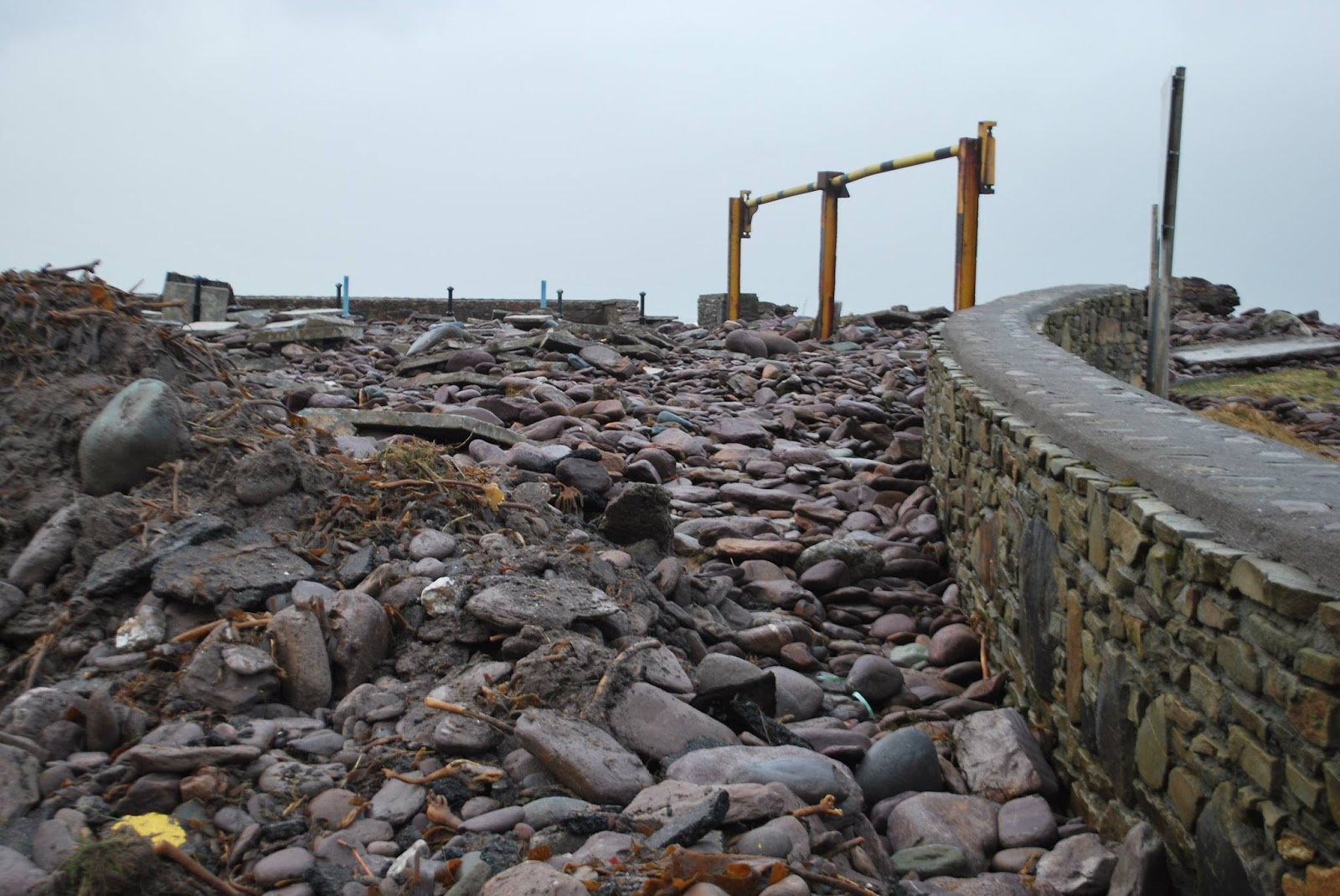
Storm damage at Rossbeigh in January 2014 photo by Margaret O’Shea
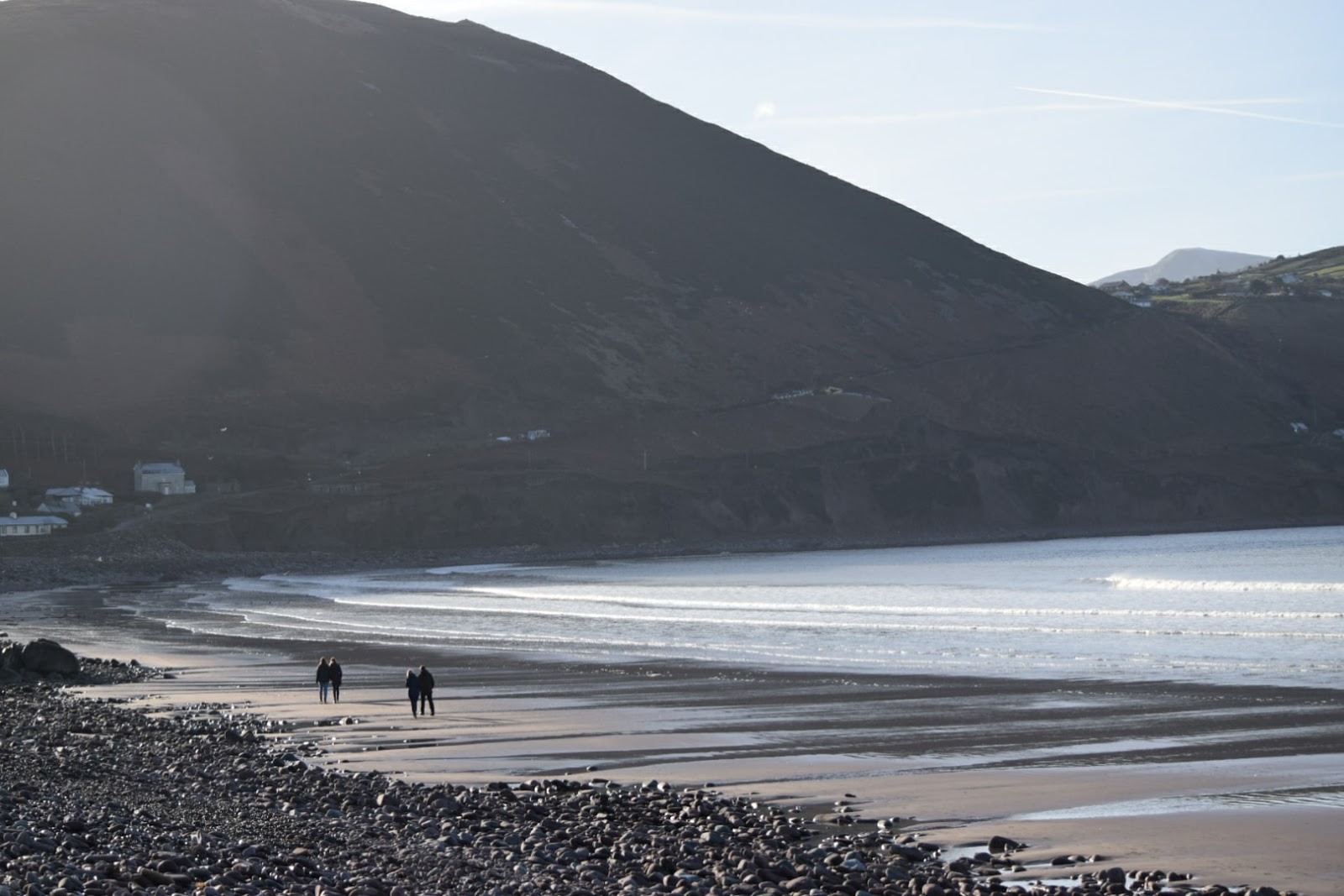
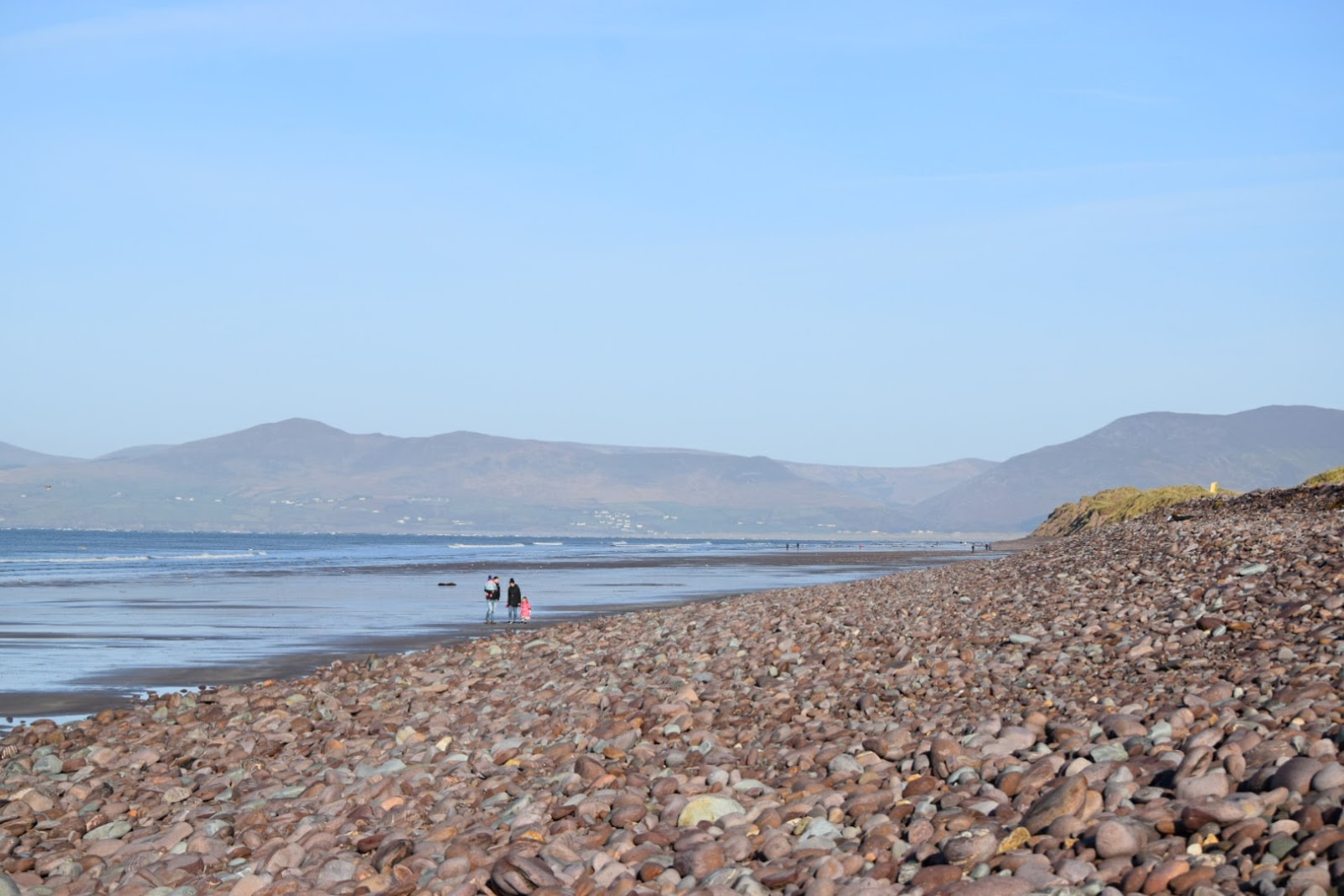
Beautiful Rossbeigh last week photos by Chris Grayson
<<<<<<<<<
The Dandy Lodge
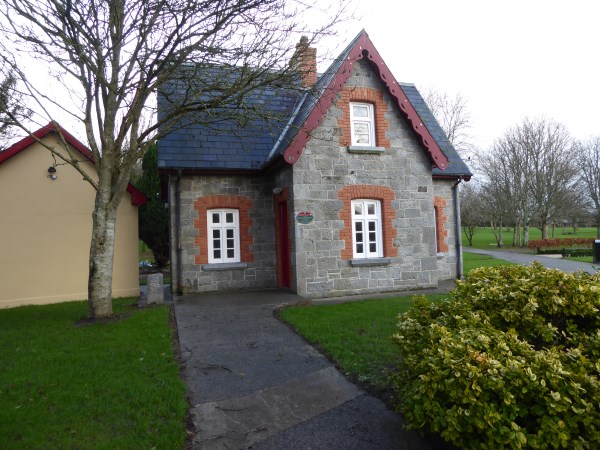
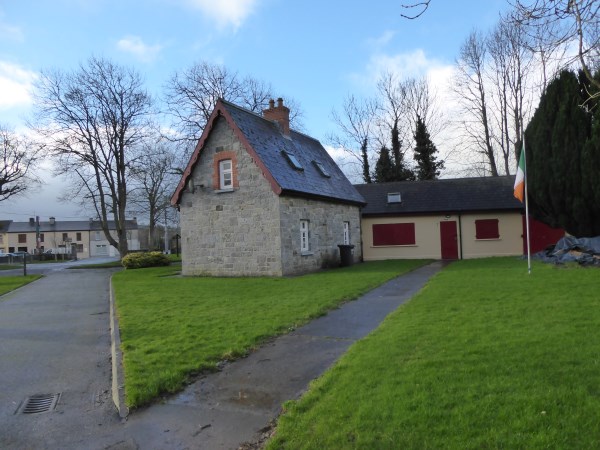
This is the Dandy Lodge with the pitch and putt clubroom at the back. Can anyone tell me something about the setting up of the pitch and putt club in Listowel?
The Dandy Lodge was apparently a library, a private residence (of the Hannon family) and a video rental shop before it was moved into Childers’ Park.
This year I’d love to share with readers of Listowel Connection something of the history of clubs and organisations in the town. But to do this I need your help……please!
<<<<<<<<
Do you remember the nuns?
This year we are embarking on a project to commemorate Presentation Secondary Education in Listowel. We are planning a commemorative book.
Take a look at the names of these nuns on their headstone and see if you remember any of them. If you have any pleasant memories of these women or if you have photos or anecdotes, please send them to me at listowelconnection@gmail.com
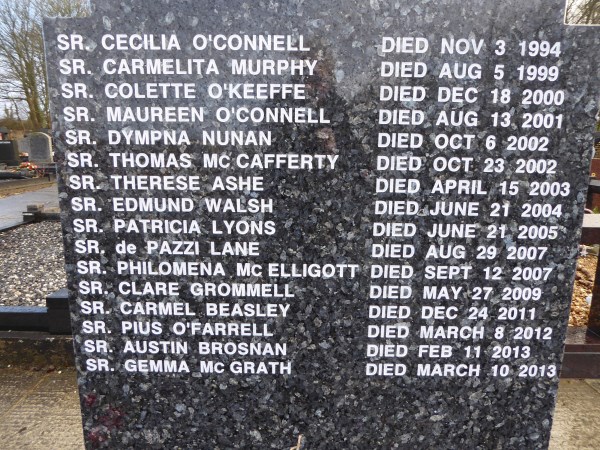
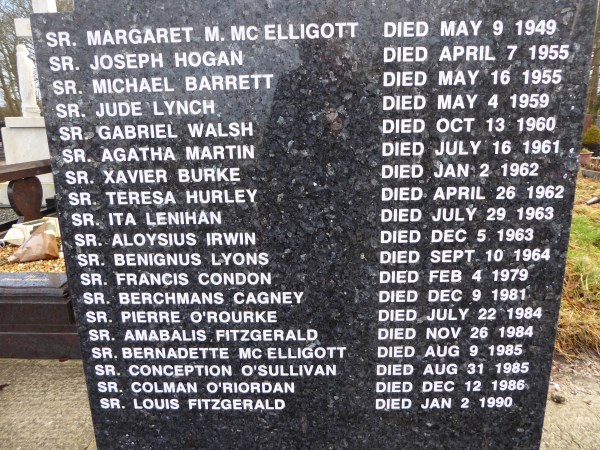
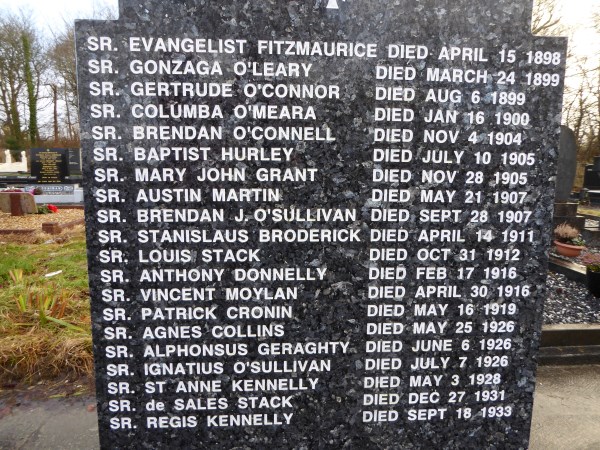
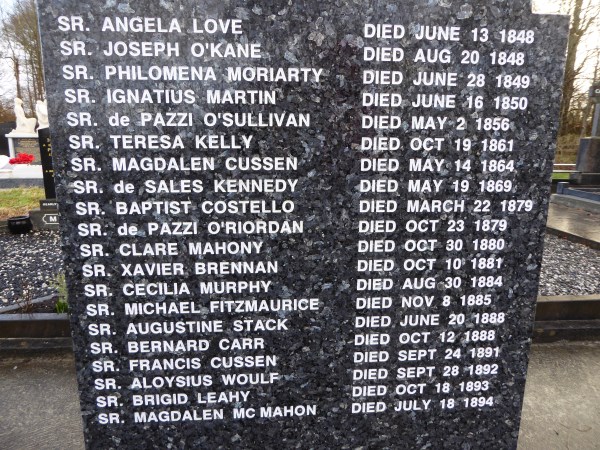
It is chilling to read all these names and to realise that we are witnessing the end of an era. The next generation will not know nuns.
<<<<<<<
The Big Fair as remembered by Delia O’Sullivan
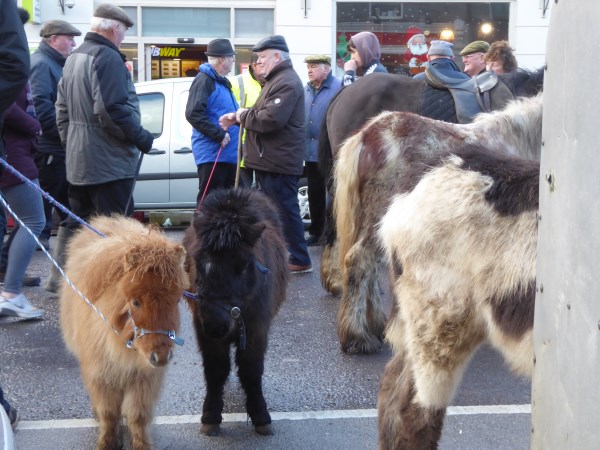
Last week we had the first of the 2018 horse fairs. To mark that, I am reproducing an account of the big October fairs of long ago as detailed in Striking a Chord by Delia O’Sullivan
THE FAIR
By Delia O’Sullivan in Striking a Chord
The big fair day in Listowel, the October fair, was the topic of conversation among the farmers for weeks afterwards. Exaggerations and downright lies were swapped outside the church gates and continued at the holy water font, to the fury of the priest. It finished over a couple of pints in the pub. None of them could be cajoled into giving the actual price, always sidestepping with,”I got what I asked for,” or, “I got a good price.” There were tales of outsmarting the cattle jobbers – an impossible task.
The farmers on our road set out on foot for thwe seven mile journey at 4 a.m. It was their last chamce to sell their calves until the spring. Now nine months old, these calves were wild and unused to the road. Traffic confused them, so their only aim was to get into every field they passed to graze or rest. Each farmer took a helper. Those eho had decided to wait until the spring fair would go along later to size up the form.
The battle would commence at the Feale Bridge where the farmers were accosted by the jobbers- men trying to buy at the lowest price. These offers were treated with contempt and a verbal slagging would follow. “You’ll be glad to give them away before evening,” or, more insulting, “Shoudn’t you have taken them to Roscrea?”
(Roscrea was a meat and bone meal processing plant where old cows that could not be sold for meat were sent for slaughter.)
The shopkeepers and publicans in Listowel were well prepared for the influx; trays of ham sandwiches sitting on the counter of each pub where most of the men finished up. The jobbers, being suitably attired, would have their dinner at the hotel and the farmers who wanted to avoid the pubs would go to Sandy’s for tea and ham. The shopkeepers kept a smile on their faces when calves marched through their doors upsetting merchandise and, sometime, leaving their calling card. The bank manager was equally excited, greeting each man as “Sir”. He found trhis was the safest approach as it was hard to distinguish them. They all looked alike in their wellingtons, coats tied with binder twine and the caps pulled well down on the foreheads.
My father arrived home late. It was obvious he was in a bad mood though he didn’t arrive home with the calves. He said he was cold and hungry and sat in silence at the table, while my mother served up bis dinner which had been kept warm for hours over a pint of hot water. As he was half way through eating his bacon and turnip, he looked at my mother saying, “I’ve never met such a stupid man in all my life.” The quizzical look on her face showed she didn’t have a clue wht he was talking about and didn’t dare ask. It took the mug of tea and the pipe of tobacco to get him started again.
My uncle Dan, my mother’s brother was his helper. Dan was a mild softly spoken man who had little knowledge of cattle. It was a a sluggish fair; prices only fair. My father held out until he was approached by a man he had dealt with often in the past. They followed the usual ritual arguments- offers, refusals, the jobber walking away, returning with his last offer. This was on a par with what my father was expecting so he winked at Dan, which was his cue to say, “Split the difference.” . Instead Dan winked back. My father gave him a more pronounced wink. This elicited the same response from Dan. The day was only saved by a neighbor, who, on noticing the problem, jumped inn, spat on his palms and shouted, “Shake on it, lads, and give the man a luck penny.”
Over a very silent pint and sandwich Dan mournfully remarked, “If Mike hadn’t butted in you’d have got a better price for the calves.”
<<<<<<
Light a Penny Candle
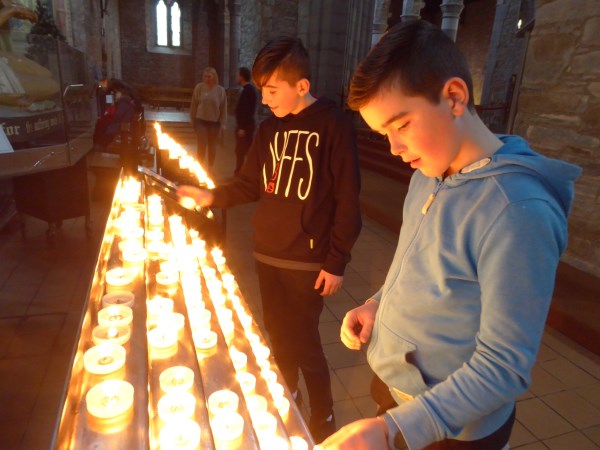
My lovely grandsons, Sean and Killian, lighting candles in the cathedral, Killarney at Christmas 2017.
<<<<<<<<
Synchronicity
This is the word from when two things chance to happen together and they are in some way connected.
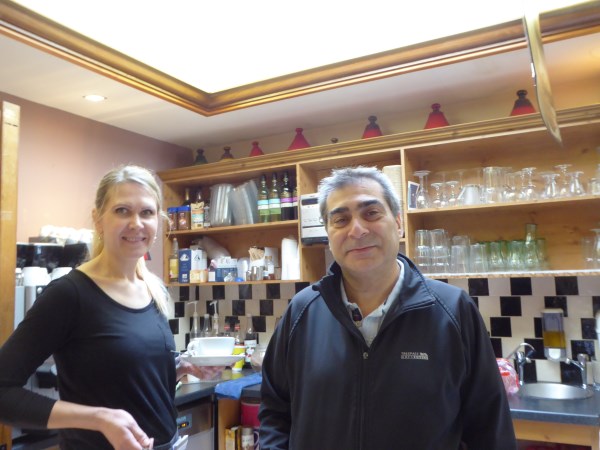
Yesterday I told you that Brigita, who is originally from Lithuania, had taken over at Scribes while Namir heads off to concentrate on his Ballybunion businesses.
Well, in a piece of synchronicity, Patrick McCrea, who is descended from the Armstrong family who had the sweet factory in Listowel, sent me this encouraging email;
“Thank you for a brilliant Listowelconnection mail – loved the TS Eliot poem and your report on the Galette des Rois- I lived 45 years in France 


